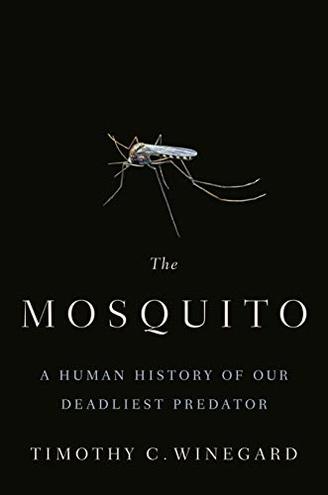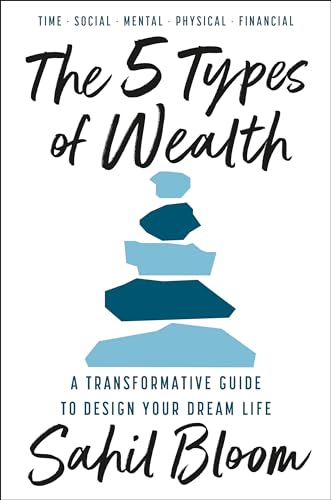Review of THE MOSQUITO
by Johny McFliggen, PhD Literature & Business, Oxford
In an intellectual exercise that might make even Darwin raise an eyebrow, Timothy C. Winegard's "The Mosquito: A Human History of Our Deadliest Predator" positions the mosquito not merely as a buzzing annoyance but as a formidable force in the grand narrative of human history. Though the notion initially smacks of sensationalism—imagining this diminutive creature as a puppeteer of empires—the author executes a deft blend of scientific rigor and historical storytelling that is both captivating and enlightening.
Winegard, with his military historian's eye, unravels the skein of history to reveal how mosquitoes, through their transmission of diseases like malaria and yellow fever, have altered the outcome of battles, toppled empires, and redirected human migrations. It's a realization that brings to mind Jared Diamond's "Guns, Germs, and Steel," where environment and biology play silent yet starring roles in the theater of human progress. However, unlike Diamond's sweeping analysis, Winegard zeroes in on a single actor—the mosquito—as an unlikely yet potent agent of change.
The book's narrative arc is ambitious, perhaps occasionally to its detriment. Winegard's enthusiasm sometimes leads to broad strokes that flirt with hyperbole. Yet, this is forgivable, given the breadth of the canvas he paints upon. The reader is taken on a tour de force through epochs and across continents, from Alexander the Great's campaigns to the construction of the Panama Canal, each underscored by the persistent hum of mosquitoes shaping destinies in their infinitesimal wake.
Winegard’s military background lends a strategic lens to his storytelling. His accounts of warfare are particularly riveting; you almost expect Napoleon to pause mid-battle to swat at an unseen foe. This perspective enriches the narrative, making it accessible even to those who might typically shy away from dense historical treatises. The book reads with the ease of a gripping novel, yet it is anchored in solid research—a testament to Winegard’s academic prowess.
Critics have occasionally lamented the book's sweeping scope, suggesting it lacks depth in parts. Yet, such critiques seem akin to nitpicking the grandeur of a Picasso for its cubist lines—missing the forest for the trees. Indeed, while "The Mosquito" may not delve into every nook and cranny, it shines a necessary light on a topic often relegated to the periphery of serious discourse.
For those with a penchant for history's lesser-known instigators, "The Mosquito" is an invigorating read. It stands alongside David Quammen’s "Spillover" in its exploration of biological factors shaping human fate, though with a tighter focus on one particular insect antagonist. Winegard’s work does not merely inform; it challenges us to reconsider our place within the biological tapestry.
In sum, "The Mosquito" is a masterful contribution to historical nonfiction—a reminder that even the smallest creatures can wield enormous power over human affairs. Winegard offers an engaging narrative that is as much about our own vulnerabilities as it is about these tiny tyrants. Perhaps next time you hear that familiar buzz near your ear, you'll pause to consider its historical echoes—though I wouldn't blame you for swatting it all the same.
Purchase Link: THE MOSQUITO on Amazon



